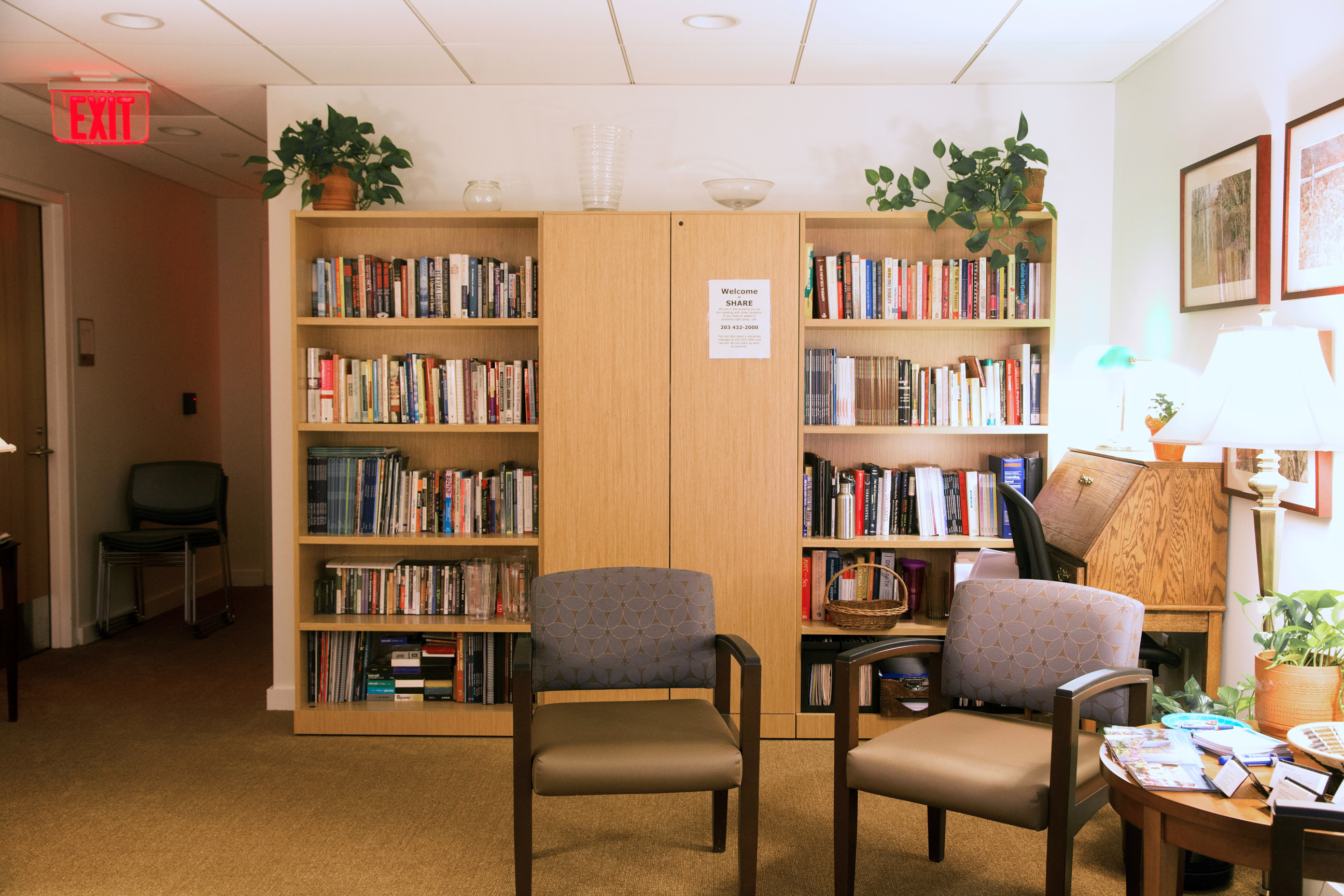
Rebecca Finley
This October marks the 10th anniversary of the Sexual Harassment and Assault Response and Education Center.
Over the past decade, SHARE has seen an increase in number of staff and awareness of its presence on campus. Since its establishment, the center has expanded its collaboration with other on-campus resources, including the Communication and Consent Educators program and Title IX coordinators. All three share the same goal of creating a positive sexual climate at Yale and provide support to victims of sexual misconduct.
“The CCEs and I collaborate with SHARE whenever we can,” said Melanie Boyd, assistant dean of student affairs, who runs the CCE program. “Our most obvious collaboration is in helping people find their way to SHARE — while supportive friends and communities are great, we also know that professional counseling and advocacy can make a particular difference for people who have experienced sexual violence, and it’s great that SHARE is there to provide that support.”
A decade ago, SHARE Center Director Carole Goldberg ran the center on her own, which was available to all members of the Yale community 24/7. The number of staff at the center has increased to five, after the recent hiring of Sherine Powerful ’10, a program coordinator, and Christy Cantu, a part-time counselor. All staff members offer emergency and on-call counseling services.
SHARE also supports many programs, including orientation programs for all incoming undergraduates, graduate and professional students.
Goldberg noted that there has been an increase in the number of students and “concerned friends and family” contacting SHARE over the years. This increase indicates “a positive response” to the center’s services, as well as an increasing awareness of available services and SHARE’s presence, Goldberg said.
University Title IX Coordinator Stephanie Spangler highlighted the importance of the collaboration between SHARE and Title IX, adding that the center frequently provides advice and partnership to the Title IX office.
“The center and my office work together on education and prevention programs and [Goldberg] is a member of the Title IX Steering Committee, which oversees policies, procedures and programs to support the University’s commitment to eliminate gender discrimination and sexual misconduct on our campus,” Spangler said.
In addition, Spangler said, at the wish of the complainants, SHARE counselors will contact her office and work with Title IX coordinators to help complainants navigate the informal and formal complaint processes.
One major difference between the SHARE Center and other resources tackling sexual misconduct — such as the University-Wide Committee on Sexual Misconduct and the Yale Police Department — is that SHARE counselors do not investigate complaints and are not required to report complaints to the Title IX office. According to Spangler, SHARE counselors serve as a “highly confidential source of support, advocacy and advice,” both for those directly impacted by sexual misconduct and for individuals seeking advice about helping friends and family cultivate healthy intimate relationships.
SHARE counselors work with CCEs on projects including Take Back the Night, an international movement against sexual violence. SHARE counselors also consult with CCEs on their ongoing projects to ensure that the work is “as sensitive as it can be,” Boyd said.
Katrina Garry ’18, a CCE, said SHARE’s low-pressure environment makes it effective at providing counseling services. Counselors give students possible resources but never intervene unless a student wants them to, Garry said.
“I’d love to see other universities adapt similar programs to allow students to access professionals and other resources without having to worry about disclosures or official reporting,” Garry said.
Goldberg said many Yale students never had the opportunity or the avenue to discuss their experiences with sexual misconduct before coming to Yale, adding that the increase in reporting of sexual misconduct might be because students have a “stronger vocabulary” to describe and process their experiences.







